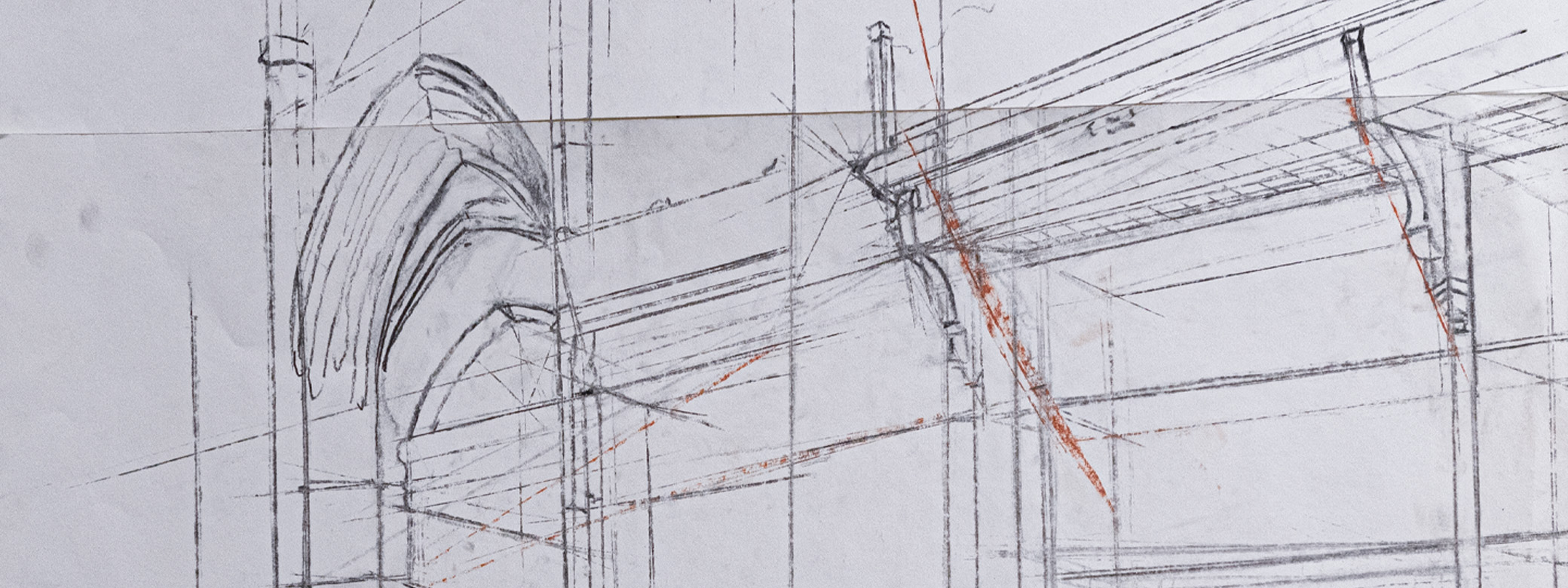
Chair, Division of Design
Professor, Interaction Design
Marsha and Jay Glazer Endowed University Professor
Fields of Interest
Education
Biography
Dr. Axel Roesler is a Professor for Interaction Design and Chair of the Division of Design at the University of Washington. He joined the Division of Design in 2005. He is an Adjunct Professor in the Department of Human Centered Design and Engineering (HCDE), faculty in the Master of Human-Computer Interaction+Design Program (MHCI+d), and affiliate faculty in Comparative History of Ideas (CHID) at University of Washington in Seattle.
He is founding faculty of the Interaction Design Program (2006 M.F.A/M.Des Concentration in Interaction Design, 2012 B.Des in Interaction Design), founding member of the UW DUB design/use/build) group (2005), an interdisciplinary coalition of HCI and design oriented programs at University of Washington to pioneer cross-disciplinary education for future human-computer interaction design professionals, and founding faculty of the Master of Human Computer Interaction and Design (MHCI+D) Program (2013) that he led as Interim Director for Cohorts 7 and 9 during the academic years 2019/20 and 2021/22. He was the recipient of the Marsha and Jay Glazer Endowed University Professorship from 2018-2023.
Roesler received his PhD in Cognitive Systems Engineering with a specialization in Human Centered Design from The Ohio State University. His dissertation work focused on the coordination of perspectives for the control of views into remote and virtual environments. He holds an MFA in Industrial Design from The Ohio State University and a Diplom in Industrial Design (equivalent to MA) from Burg Giebichenstein, Hochschule für Kunst und Design (University of Art and Design) in Halle, Germany.
His research interests are interaction design for high stakes work settings; line of sight interaction in extended reality - augmented reality, virtual reality and mixed reality; industrial design; design and cognition, sensemaking and decision support; systems; distributed cognition, visual storytelling, envisioning, design methods, and design process.
Roesler has worked with major research partners on interaction design projects for high stakes settings in aviation and medicine, interaction design for consumer products, mobile computing, wearable computing, interaction in Mixed Reality with pass-through VR and AR systems, both on headsets and mobile devices.
Recent research projects explore new interaction models for line of sight head mounted displays in augmented and virtual reality, interaction design concepts for the commercial flight deck, cognitive support for medication management in the operating room, real time documentation of medical emergencies, and new interaction models for mobile and wearable computing. Industry partners and research collaborators include Google, Microsoft, Honeywell Aerospace, Boeing, Intel, Eli Lilly, Seattle Children’s Hospital, Group Health, and the Institute for Simulation and Interprofessional Studies at the UW School of Medicine.
-
Selected Research
- Axel Roesler. "Is Good Design a Result of Science, or an Evolution of Ideas?" Big Think, November, 3, 2016.
- Into the Line of Sight - Public Talk, School of Art + Art History + Design, October 10, 2019). Overview of my research and teaching in the UW Interaction Design Program since my tenure and promotion to Associate Professor in 2012 to 2019. (Video recording, 46mins)
Research Advised
- Lisa K. Bambach. Prospective Memories: Futures of Monument Design, 2025.
- Rebecca Rhee. "Shifting Planes: Envisioning the approach to rock climbing and dynamic movement in Mixed Reality." MDes Thesis, University of Washington, 2022.
- Erfan Dastournejad. "Actual Conversations for the Virtual World." MDes Thesis, University of Washington, 2022.
- Jeremy Barribeau. "Poaching in Southern Africa: Identifying leverage points for effective intervention." MDes Thesis, University of Washington, 2020.
- Franklin Vandiver. "Deficiency, inventory." MDes Thesis, University of Washington, 2019.
- Phillip Carpenter. "Mixed Reality and Tactility: The Space Between Two Perceptions." MDes Thesis, University of Washington, 2019.
- Derek Burkhardsmeier. "Augmented Woodworking." MDes Thesis, University of Washington, 2019.
- Coreen Callister. "Listening by Design." MDes Thesis, University of Washington, 2019.
-
Autumn 2025
Winter 2025
Autumn 2024
Spring 2024
Winter 2024
Autumn 2023
-
